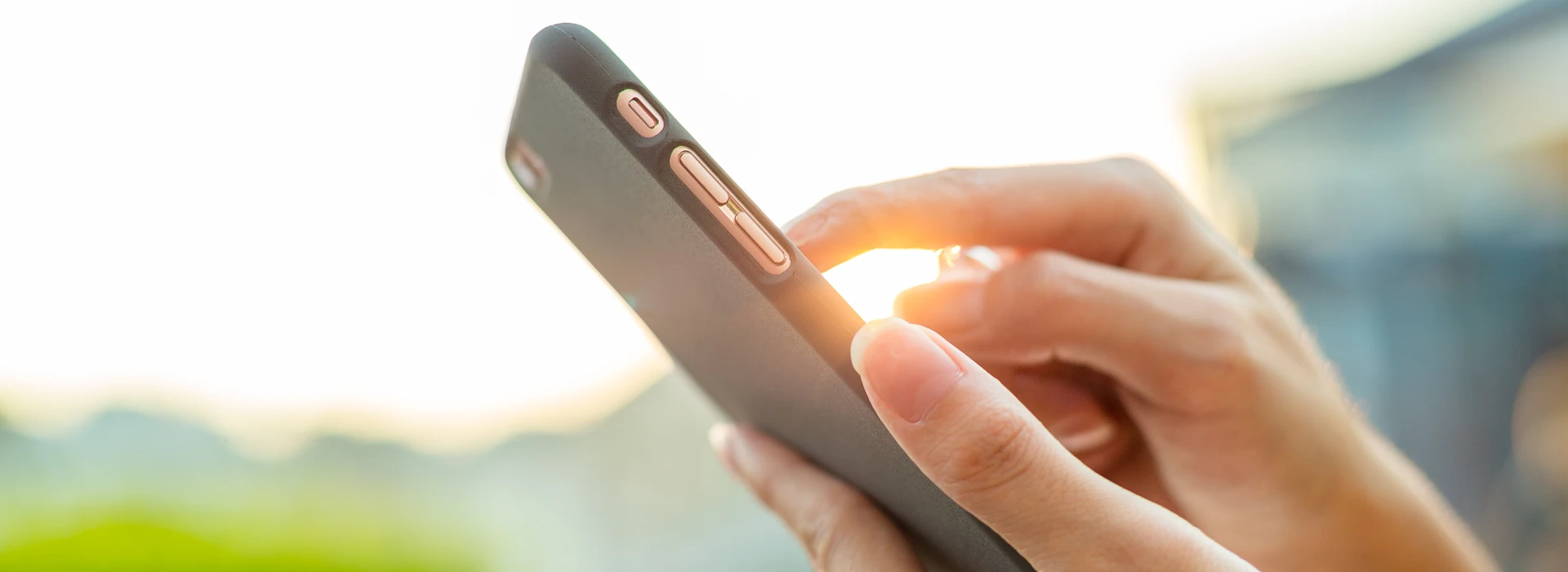Talking about mental health can feel challenging. If you’ve ever been told to “man up,” “act like a real man,” or “stop being so sensitive,” you know just how hard it is to open up.
According to the British Association for Counselling & Psychotherapy, men in the UK often delay seeking support because of restrictive societal norms. Whether it’s confiding in a friend or reaching out for professional help, stigma and fear continue to hold many men back.
This International Men’s Day, let’s start changing that. Whether you’re worried about a loved one or navigating your own challenges, it’s time to talk more, listen more, and show that real strength comes from speaking up and being honest about how we feel.
All About International Men’s Day in November 2025
International Men’s Day is more than a passing celebration; it’s an opportunity to pause and reflect on the unique challenges boys and men face, especially in terms of mental health and wellbeing.
What is International Men’s Day
International Men’s Day is a global observance dedicated to promoting men’s health, emotional wellness, and positive contributions to society. It provides a platform for discussions, events, and initiatives that aim to challenge stereotypes, raise awareness, and celebrate male role models.
The day was first inaugurated in 1999 by Dr Jerome Teelucksingh in Trinidad and Tobago. Since then, it has grown internationally, gaining recognition in many countries as a chance to focus on men’s wellbeing and promote gender equality. It is now celebrated every year on November 19th.
Why Celebrating This Event Matters
Societal expectations often pressure men to be stoic, strong, and self-reliant, which can make it harder to ask for help when they need it. This reluctance contributes to mental health struggles, social isolation, and, in some cases, serious outcomes like depression, anxiety, and substance abuse.
Celebrating International Men’s Day encourages men to accept their emotions, seek support, and build meaningful connections. Prioritising wellbeing is not a sign of weakness – it strengthens communities, nurtures relationships, and empowers men to live their best lives.
How to Raise Awareness and Participate
Participating in International Men’s Day is all about supporting the men and boys around you.
You can begin by sharing uplifting messages about men on social media with hashtags like #InternationalMensDay. You may also consider contributing your time or resources to men’s health organisations such as the Movember Foundation or Men’s Health Network.
Taking a moment to acknowledge the positive influences of men in your life by small acts like a heartfelt thank you, a meaningful conversation, or public recognition can inspire others and highlight the important contributions they make every day.

How to Promote Positive Conversations and Make a Meaningful Difference
When discussing men, manhood, and masculinity, even the smallest gestures can help create a culture where men feel appreciated, understood, and supported.
Challenge Stereotypes
Break down harmful expectations and show that strength comes in many forms. Encourage men to define masculinity for themselves instead of conforming to societal pressures.
Talk About Emotions
Normalise discussions about feelings, mental health, and personal struggles. Let men know it is okay to share vulnerability without judgment.
Celebrate Positive Role Models
Highlight men who lead with empathy, integrity, and emotional intelligence. Positive examples inspire others to embrace similar values in their own lives.
Support Overall Health
Encourage healthy habits, therapy, regular check-ups, and self-care routines. Mental and physical wellness go hand in hand, and supporting both is essential.
Provide Growth Opportunities
Share access to education, mentorship, and personal development resources. Helping men grow professionally and personally strengthens confidence and resilience.
Join Conversations and Events
Attend or organise workshops, seminars, or discussions on mental health, fatherhood, or career growth. Participating actively reinforces a culture of openness and mutual support.
Importance of Recovery and Wellbeing for Men
Taking care of mental health is not just a self-indulgence. Social norms have often pushed men to endure and bottle up their feelings, but this can have serious consequences. Prioritising recovery and wellbeing can make a real difference in daily life, relationships, and long-term health.
Reducing the Risk of Mental Health Crisis
Men are statistically more likely to experience harm from untreated mental health issues. In the UK, men account for around 75% of all suicides, an alarming reminder that delays in seeking help can have devastating outcomes. Attending to recovery allows men to recognise early signs of stress, depression, or addiction, and take action before problems escalate.
Building Emotional Awareness and Resilience
Developing emotional awareness allows men to understand and process their feelings instead of suppressing them. Learning to identify triggers, recognise patterns of stress, or simply acknowledge sadness builds strength. Resilience does not mean never struggling. It means having the tools and mindset to recover, adapt, and continue moving forward.
Supporting Physical Health
The mind and body are closely connected. Chronic stress, depression, anxiety, or substance abuse can increase the risk of medical conditions like heart disease, diabetes, sleep problems, and weakened immune function. Men who make recovery a top priority reduce the harmful effects of stress on the body and create a healthier, more balanced life.
Strengthening Relationships
Mental health shapes the way men relate to the people around them. Men who invest in their wellbeing are better equipped to communicate openly, listen actively, and form deeper connections with loved ones. Emotional availability is often mistakenly viewed as a weakness, but it is actually a cornerstone of healthy relationships, reducing isolation and strengthening social bonds.
Breaking Stigma and Encouraging Others
Men who openly address their mental health challenges challenge stereotypes of masculinity and show that seeking help is a sign of strength. Sharing personal experiences, advocating for mental health support, or checking in with friends can inspire other men to do the same. This contributes to cultural change and encourages a society where men can prioritise wellbeing without shame.

Where to Find Professional Support
In the UK, several confidential services offer support for men experiencing stress, anxiety, depression, substance use, addiction, or other mental health challenges.
Samaritans provide free, round-the-clock emotional support, while CALM (Campaign Against Living Miserably) offers a free helpline and webchat for men who are feeling isolated or overwhelmed. For urgent mental health advice, NHS 111 is also available 24/7 – just select option 2.
Additional help is available through local and community services, GPs, and private treatment centres. Many men also find it helpful to start by talking with a trusted friend, family member, or colleague, who can encourage and support them in taking the first step toward professional help.
Take The First Step With Us
Men’s mental health matters, just like everybody else’s. This International Men’s Day, take the brave step of seeking help and remember that reaching out is a positive move toward healing.
Steps Together provides professional, compassionate care across our branches in the UK, helping men and women navigate a range of mental health challenges with clarity and confidence. We offer comprehensive residential and outpatient programmes for addiction and mental health, including evidence-based therapy sessions, detoxification plans, and ongoing support.
Reach out today and take the first step toward a healthier, more fulfilling life.













